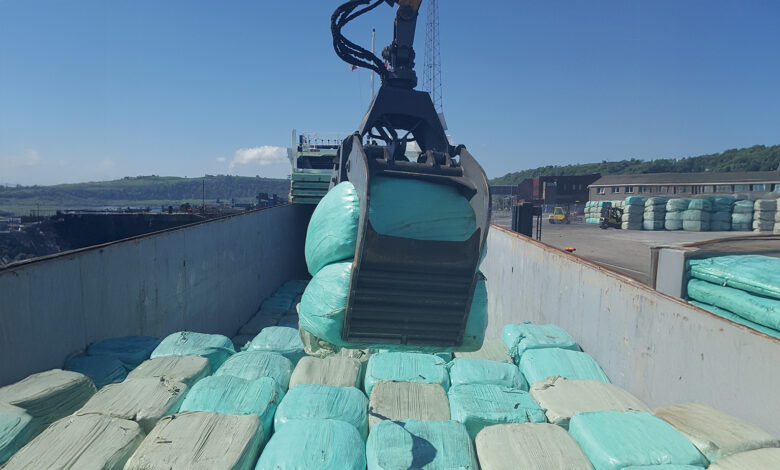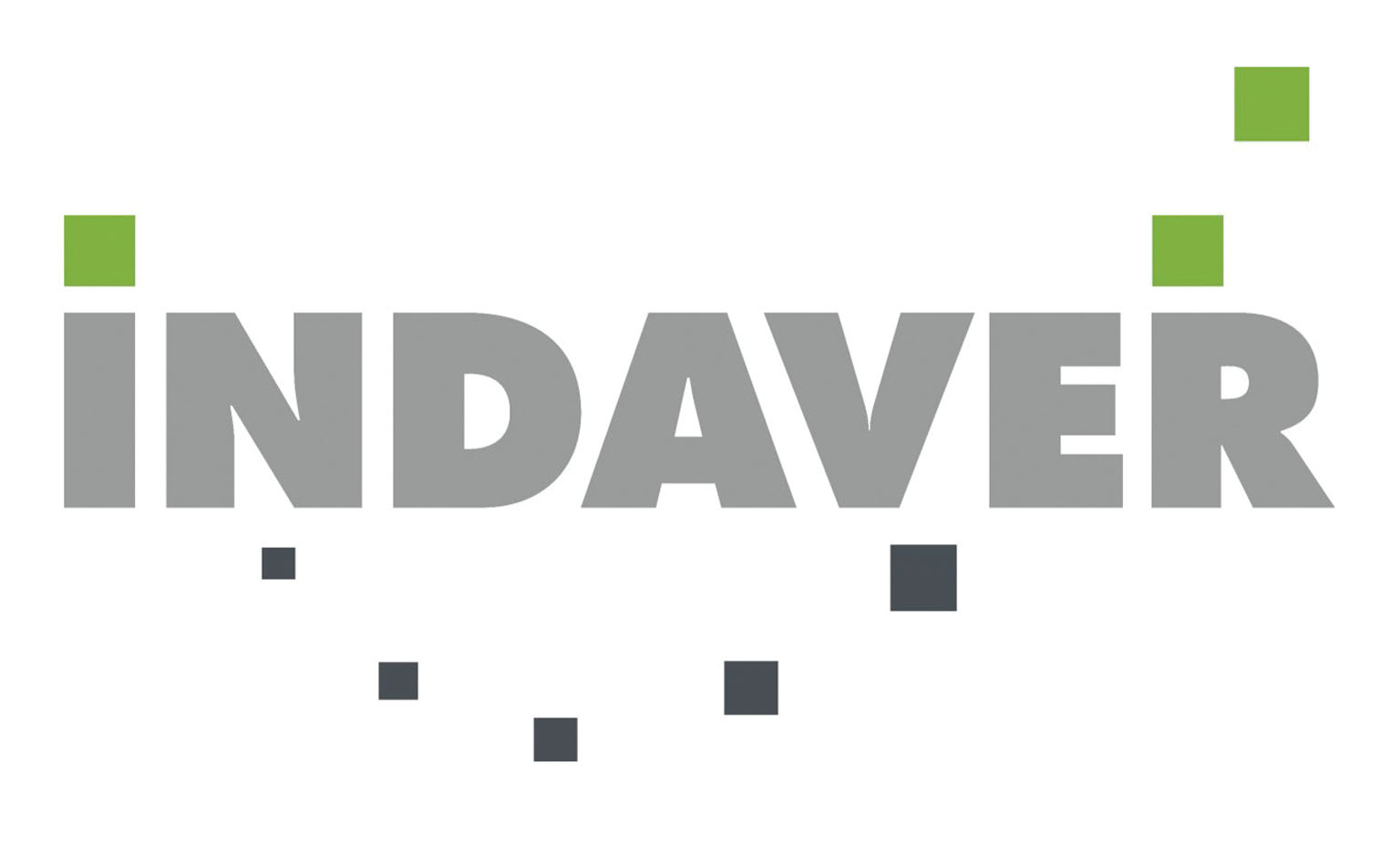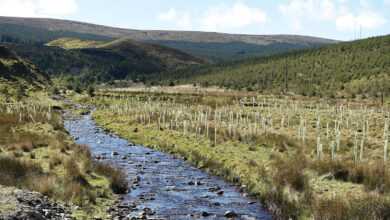Tipping point: Northern Ireland’s looming waste crisis

Northern Ireland’s approach to waste management is increasingly precarious, and continued inaction on delivering local waste infrastructure means we are nearing a tipping point where we risk adding a waste crisis to our existing wastewater crisis, writes Indaver’s Colin O’Hanlon.
Climate change and circular economy targets mean we can no longer send our residual (black bin), largely non-recyclable waste, to landfill. Nor is it a sustainable long-term solution to rely on volatile export markets and other jurisdictions, to manage our waste, especially in these turbulent geopolitical times.
You only need look at the recent impact of bin strikes in Birmingham, where within days, waste piled up on the streets, to see just how precarious, certain waste management systems are.
There is chronic under-capacity in the Northern Ireland waste management sector, and we are lagging significantly behind the rest of the UK and Europe in adopting modern infrastructure, necessary to address this growing challenge. Failure to address this will have significant financial, environmental, and reputational consequences.
In 2023, Northern Ireland exported over 280,000 tonnes of residual waste, as refuse derived fuel (RDF) to be processed at European energy-from-waste plants. This figure has more than doubled since 2020 and will continue to rise without local waste infrastructure.
Shipping valuable energy resources overseas while Northern Ireland struggles with its own energy security, and relies on fossil fuel imports, is entirely illogical. Implementing local solutions would enable us to increase recycling, recover valuable renewable energy from our own waste, and support wider decarbonisation efforts, thus, benefiting the Northern Ireland environment and the economy.
Unlike the waste-water crisis, however, there is a ready-made solution. One that does not rely on public sector capital investment, in these fiscally challenging times. That solution is the £250 million arc21 residual waste project, which will meet the identified needs of six Northern Ireland councils, which account for over 60 per cent of the region’s residual waste. This purpose-built solution to be developed and operated by Indaver, will provide environmental and financial surety to local ratepayers.
The project is a critical piece of strategic infrastructure which supports the aspirations of the new Programme for Government, by helping grow a globally competitive and sustainable economy, protecting the environment and supporting decarbonisation targets.
The arc21 project’s planning application has been refreshed to ensure it is robust and up to date and has recently been resubmitted to the Department for Infrastructure (DfI). This will trigger another round of consultation before a recommendation and a planning determination from the Infrastructure Minister, is issued.
Achieving an evidence-based planning decision and sign off from the Minister will allow this important project to proceed to the next procurement stage, where arc21 councils will make a democratic decision, as to whether the bid and technical solution meets their requirements. Without the project, Northern Ireland’s looming waste crisis is at severe risk of becoming a reality.
To read the ‘Tipping Point’ report visit: www.becon.co.uk







